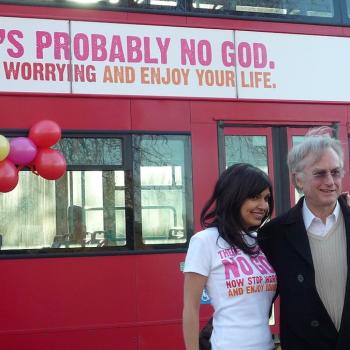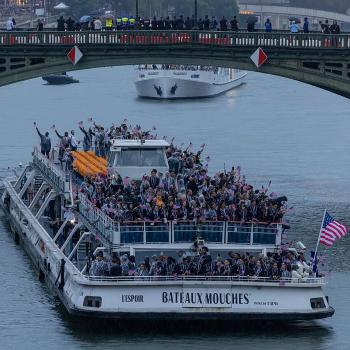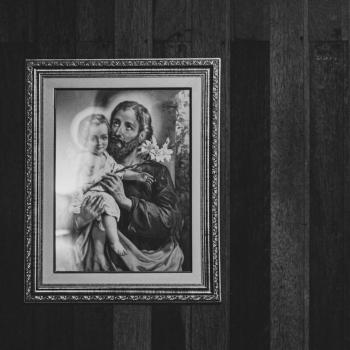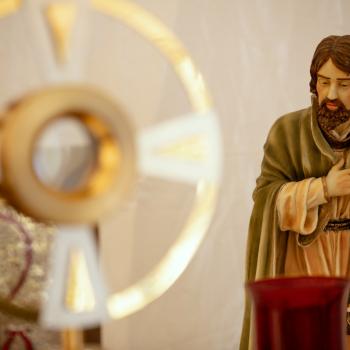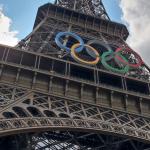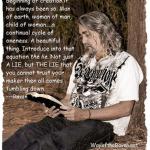The marathon event had a bit of a wait in the Olympics, being one of the last events. I wasn’t able to watch it, just catching the highlights on my phone when I woke up. To my surprise, I saw that Eliud Kipchoge dropped out of the race and had a DNF (did not finish). He’s hailed as one of the greater marathoners in the sport, but this past Saturday was not his day. Hard to say it was the changing of the guard, but at 39, perhaps it’s a moment where an athlete is coming to grips with the limitations of their body.
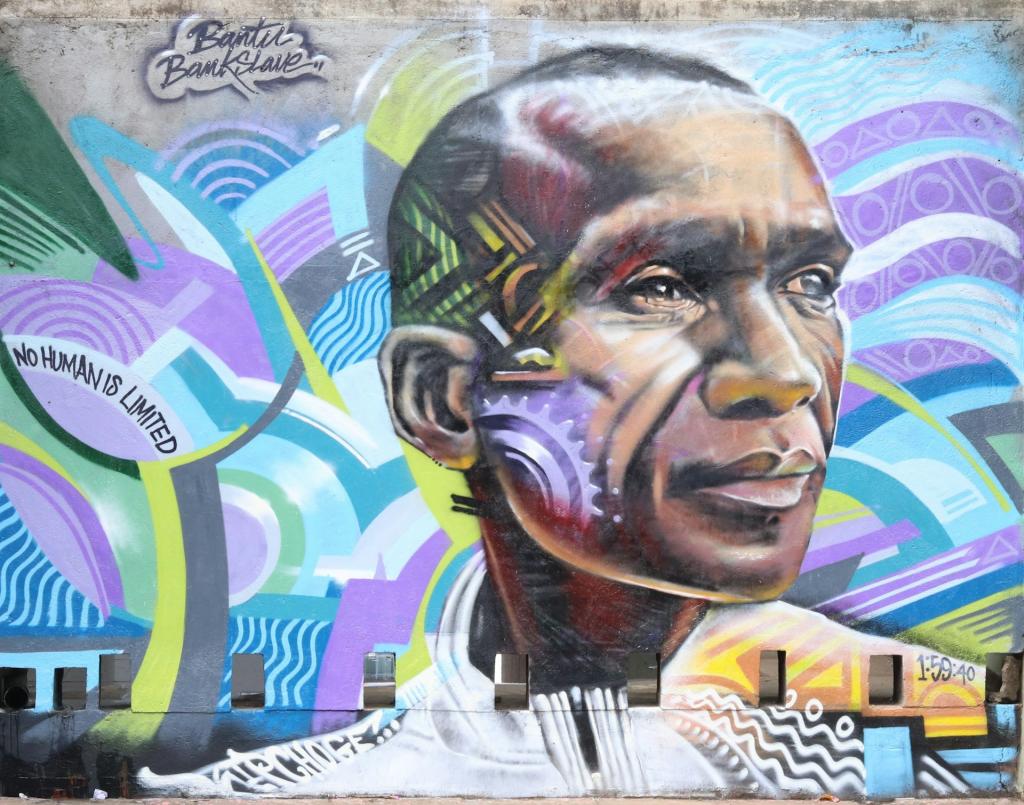
Yet, look at Novak Djokovic, a 37 year-old Serbian tennis player, who finally took home gold for his country after years of trying at previous Olympic games. In tennis, particularly with the resurgence of then Roger Federer in 2017, the sport revisited what it means to peak. Many commentators agree that there is longevity in the sport even after a tennis player gets into their 30s. What’s particularly unique for Djokovic is the fact that he’s still managed to maintain a high level of athleticism as his knee continues to recover post-surgery.
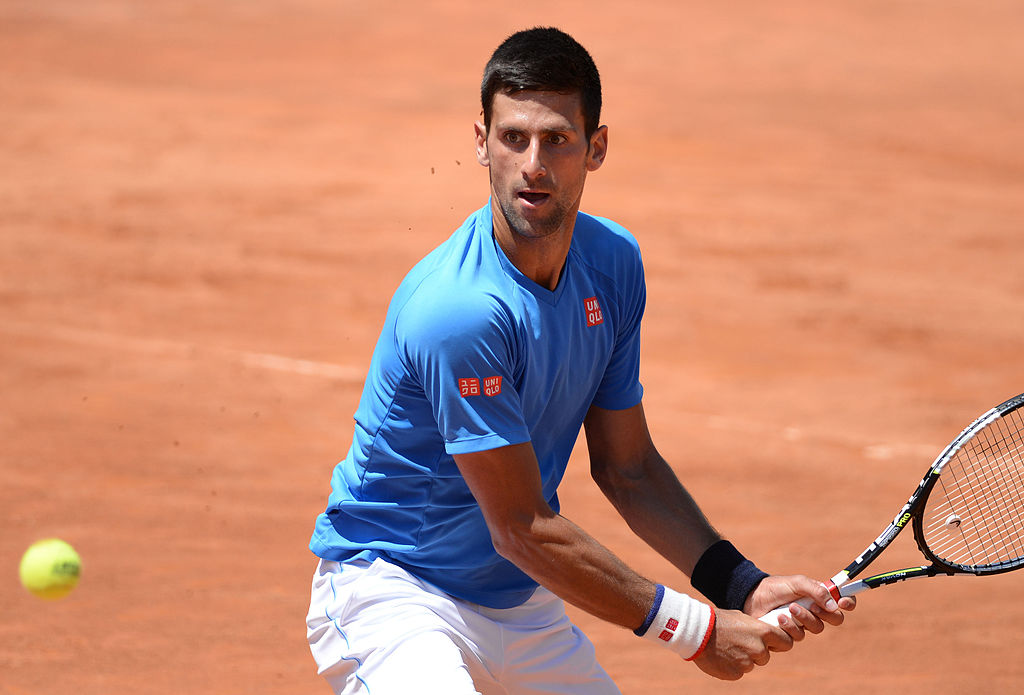
“Faster, Higher, Stronger” and the Value of Sport
Reflecting on these athletes reminds of the original motto of the Olympics Games, “Faster, Higher, Stronger.” The motto originally derived from Latin, “Citius, Altius, Fortius.” This phrase was coined by French Dominican Fr. Louis Henri Didon. Didon was good friends with the founder of the Olympics, Baron Pierre de Coubertin, before the start of the first games in Athens in 1896. Didon served as principal of St. Albert the Great School in Paris where he incorporated sports as part of the educational program, believing in the value of sports in an individual’s formation.
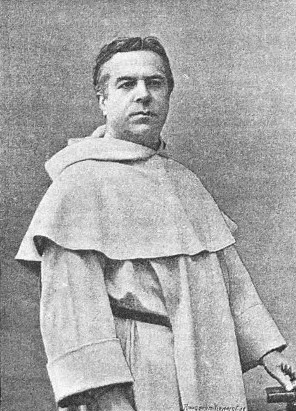
Indeed, there is much to be said about sports in cultivating important values in an individual. I think about St. Paul’s testimony in 2 Timothy 4: 1-6:
“For I am already being poured out like a liberation, and the time of my departure is at hand. I have competed well; I have finished the race; I have kept the faith.”
Here St. Paul likens running the race with keeping his faith. For St. Paul, the end goal is Christ. Interestingly both Eliud Kipchoge and Novak Djokovic are both men of faith as well. Kipchoge, a devout Catholic, likens running a marathon as how one lives their life. He often says, “marathon is life.” I remember him sharing wisdom during his visit to Oxford University in 2018 about the importance of teamwork:
“I am here because of teamwork. I am here because sport is a mutual interest. I am here to talk about my success because I am really about teamwork. Teamwork actually helps a lot. Remember in sport, what you have is Hero’s Formula. If you are a hero, then you have a formula and that says 100% of myself is nothing compared to one percent of the whole team. And vice versa. 1% percent of the teams is nothing compared to 100% of myself. And that’s the meaning of teamwork.”
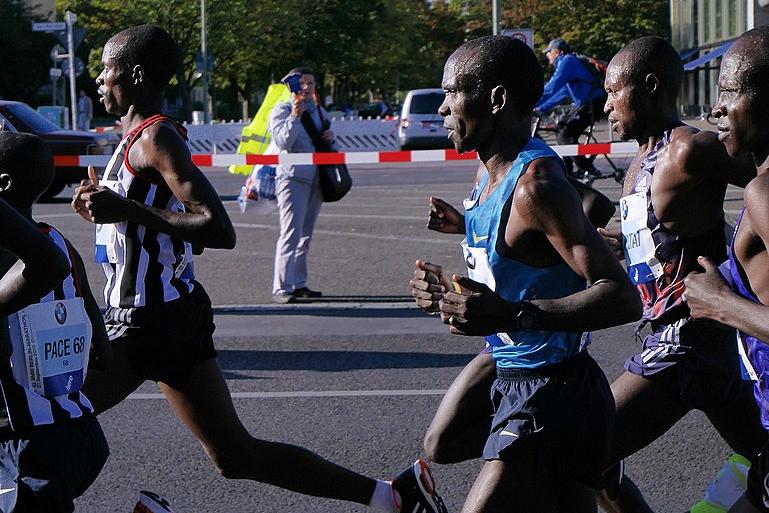
“Faster, Higher, Stronger – Together” and the Value of Teamwork
What I love about this quote is the importance of community. St. Paul certainly believed in that as he strived to preach unity among the community through the Mystical Body of Christ during his missionary journeys. But when he said that he competed well, he finished the race, he kept the faith, he desired that for all Christians in the earthly life. When I listen to Kipchoge or Djokovic speak at the trophy presentation after winning a tournament or race, they are quick to thank their team. Granted, tennis and running are solitary sports as opposed to basketball or football. But both athletes understand that they would not have gotten to that place in their life without the support of their team.
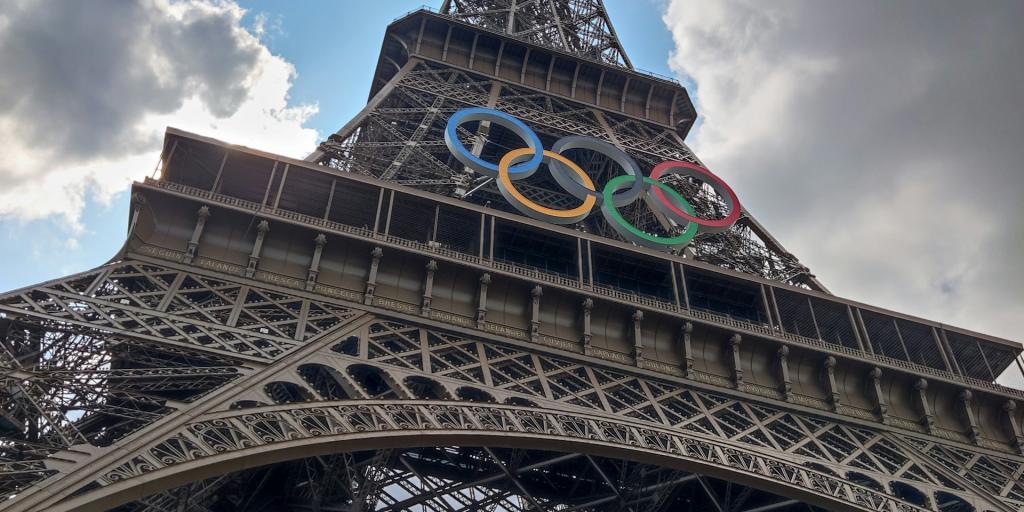
Doing some research on the origins of the Olympic motto, I was surprised to learn on July 20, 2021, the International Olympic Committee approved a change in the Olympic motto to “Faster, Higher, Stronger – Together.” The committee “recognises the unifying power of sport and the importance of solidarity.” Reflecting on this change and the close of the Olympics this past Sunday, I think about celebration as celebrating with your team as opposed to celebrating individually. Your parents, siblings, friends, coaches, mentors, and rivals bring out the best in you to bring your best in competition.
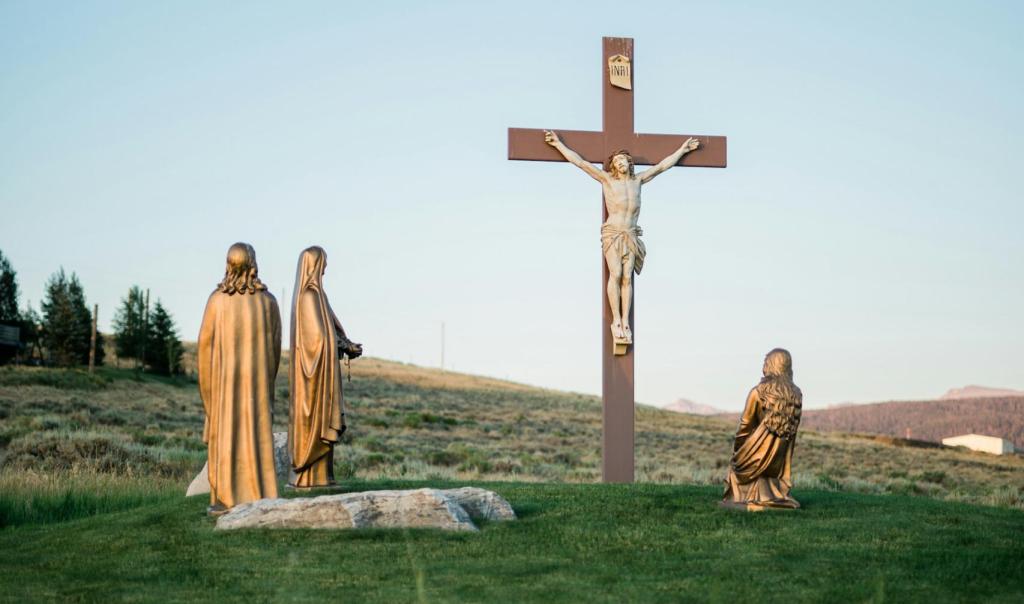
In the Christian life, let us compete well, finish the race, and keep the faith! Sports have value because it is an opportunity to cultivate virtue and community. In the competitions we partake in life, let us remember to keep Christ as our goal and as we celebrate, think about all those important people in our lives who helped us get to where we are now!



